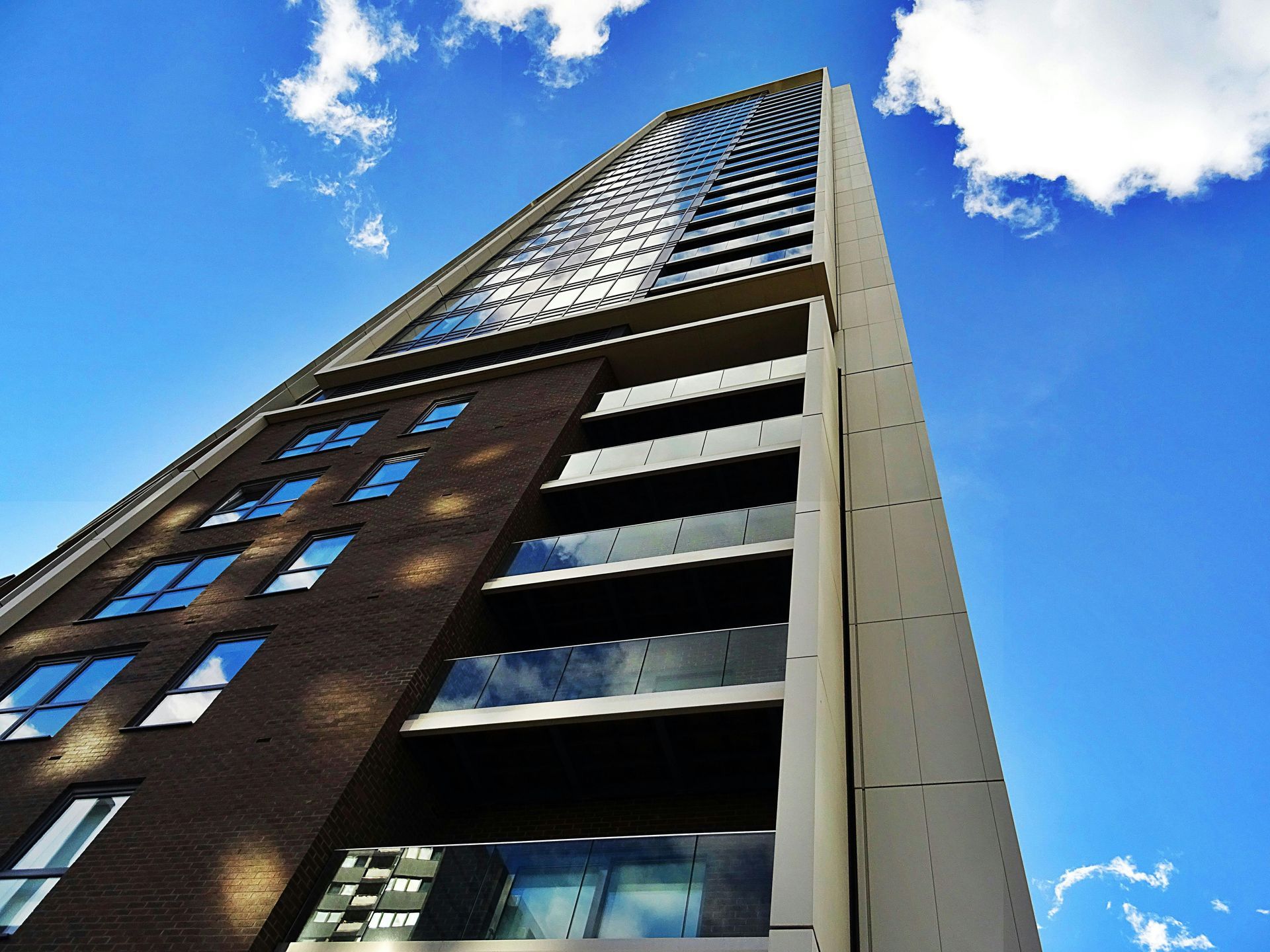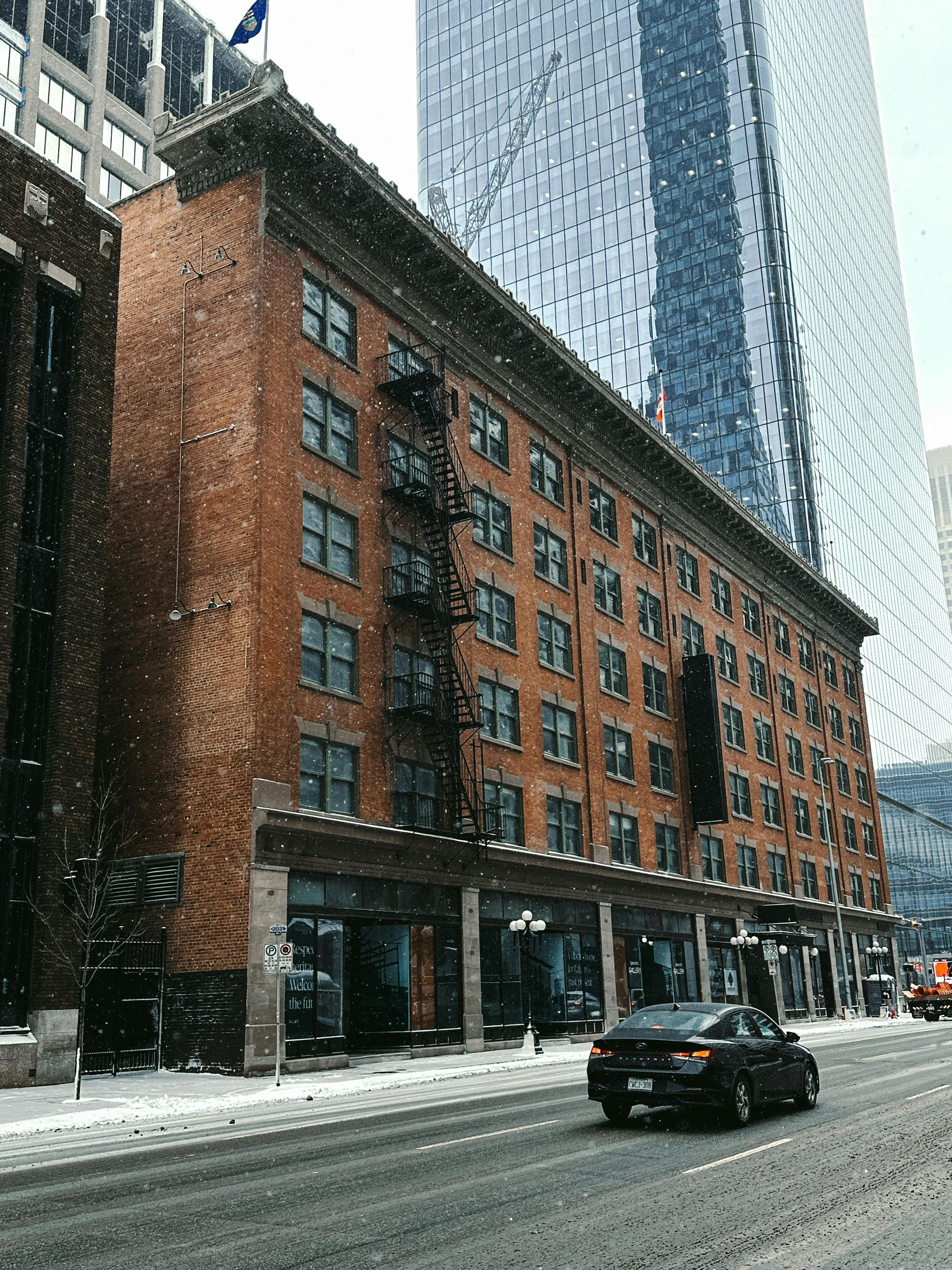CRE Insurance - Protecting Your Investment
Commercial Real Estate (CRE) investments are significant financial commitments that often require careful protection. Just as you secure your home with insurance, it's equally crucial to safeguard your commercial properties.

In Michigan, where the CRE market is vibrant and diverse, understanding CRE insurance is paramount for safeguarding your investments. Let's delve into the world of CRE insurance and explore how it can protect your assets in the dynamic Michigan market.
Understanding CRE Insurance
Commercial real estate insurance, often abbreviated as CRE insurance, provides coverage for properties used for commercial purposes. This insurance is designed to protect property owners from financial loss due to unforeseen events such as natural disasters, accidents, theft, and liability claims.
Types of CRE Insurance
- Property Insurance: This type of insurance covers physical assets such as buildings, equipment, and inventory against damages caused by fire, vandalism, storms, and other covered perils.
- Liability Insurance: Liability insurance protects property owners from legal responsibilities arising from injuries or damages that occur on their property. It covers legal fees, medical expenses, and settlements in case of lawsuits.
- Business Interruption Insurance: In the event of a covered loss that halts business operations, business interruption insurance provides compensation for lost income and ongoing expenses such as rent and payroll.
- Flood Insurance: Michigan's proximity to the Great Lakes makes it susceptible to flooding. Flood insurance is essential for CRE properties located in flood-prone areas, as standard property insurance typically does not cover flood damage.
- Tenant Insurance: Landlords can require tenants to obtain insurance to cover their liability and protect their belongings. This ensures that tenants are financially responsible for any damages they cause to the property.
Factors to Consider
When purchasing CRE insurance in Michigan, several factors should be considered:
- Property Location: Properties located in areas prone to natural disasters or high crime rates may require additional coverage or higher premiums.
- Property Type: Different types of commercial properties (e.g., office buildings, retail spaces, warehouses) have unique insurance needs based on their usage and risk factors.
- Building Age and Condition: Older buildings may have higher insurance premiums due to increased risks associated with aging infrastructure.
- Coverage Limits and Deductibles: Assess your coverage needs based on the property's value, potential risks, and budget constraints.
- Insurance Provider: Choose a reputable insurance company with experience in insuring commercial properties. Consider factors such as financial stability, claims handling reputation, and customer service.
CRE insurance is a vital aspect of protecting your investments in Michigan's dynamic real estate market. By understanding the types of insurance available, assessing your property's specific needs, and selecting the right coverage options, you can mitigate risks and ensure the long-term security of your commercial real estate assets. Remember, investing in insurance today can save you from significant financial losses tomorrow. Protect your investments with comprehensive CRE insurance coverage tailored to your property's unique requirements.











